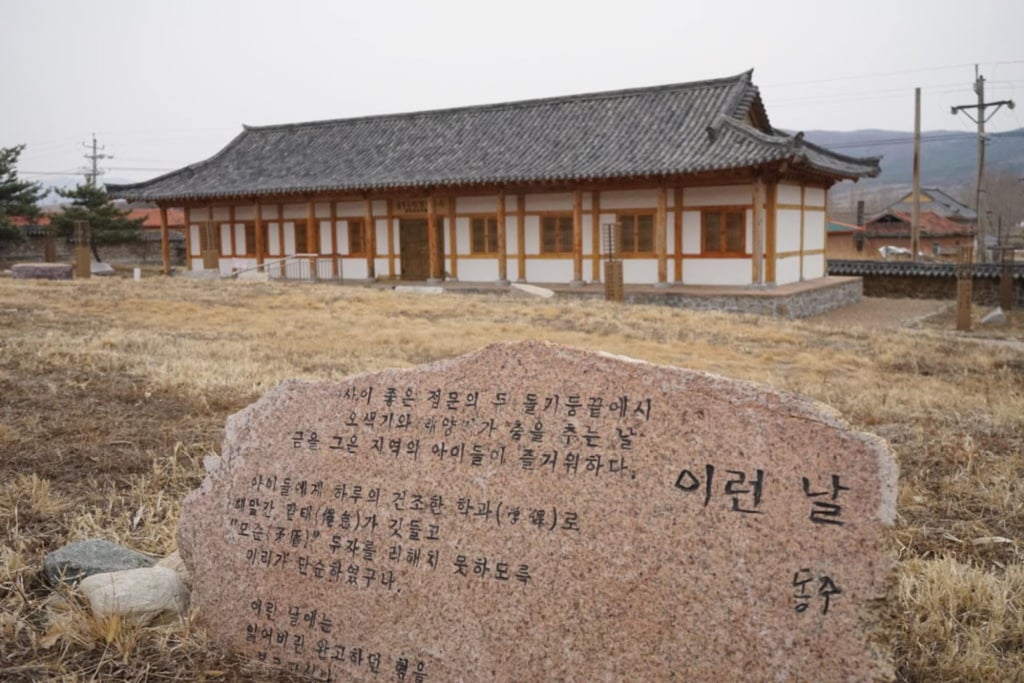This Year in Asia: a Philippine F-bomb, China vaccines, Kim Seon-ho cancelled, Wang Leehom’s divorce and other highlights of 2021
- Malaysia’s Cantonese-speaking Yum Cha Kor offers laid-back career advice, Indonesian president Jokowi’s son and his girlfriend break up, and investors gush about SPACs
- These stories are just some of the favourites from around the region chosen by members of SCMP’s Asia desk

As much of the Asia-Pacific spent 2021 in degrees of lockdown, people quit their jobs for their well-being, climate policies made headlines, a K-drama idol was cancelled (and then un-cancelled), and a politician apologised for cursing at China. Here’s a look at some of the year’s most memorable stories.
Oh no, they didn’t

A plaque on his ancestral home refers to Yun – the son of Korean Christians who left the Korean peninsula in the late 19th century to escape famine – as a “Chinese ethnic-Korean patriotic poet”, drawing howls of disapproval from South Korean netizens who argued that if Yun were Chinese, “he would have written poems in Chinese”.
One irate user said: “I would not be surprised if the Chinese claim [the Korean alphabet] Hangeul belongs to them as well.”
A calculated shot

